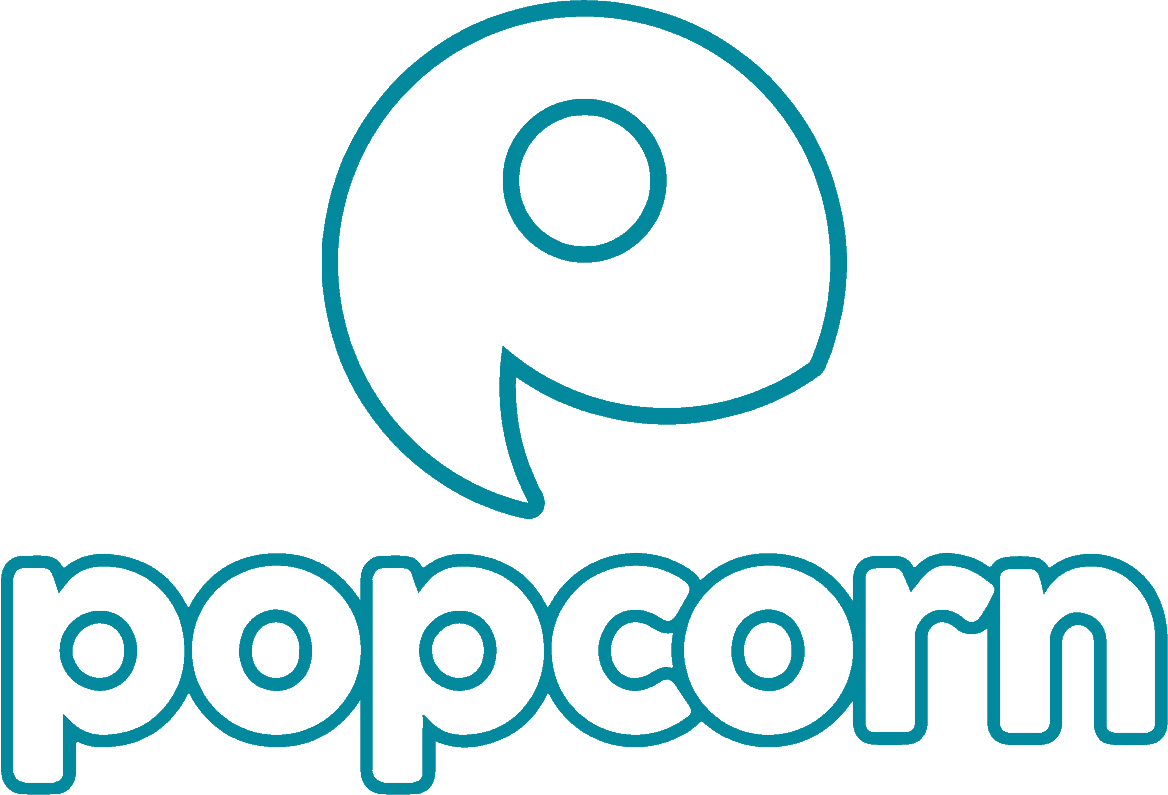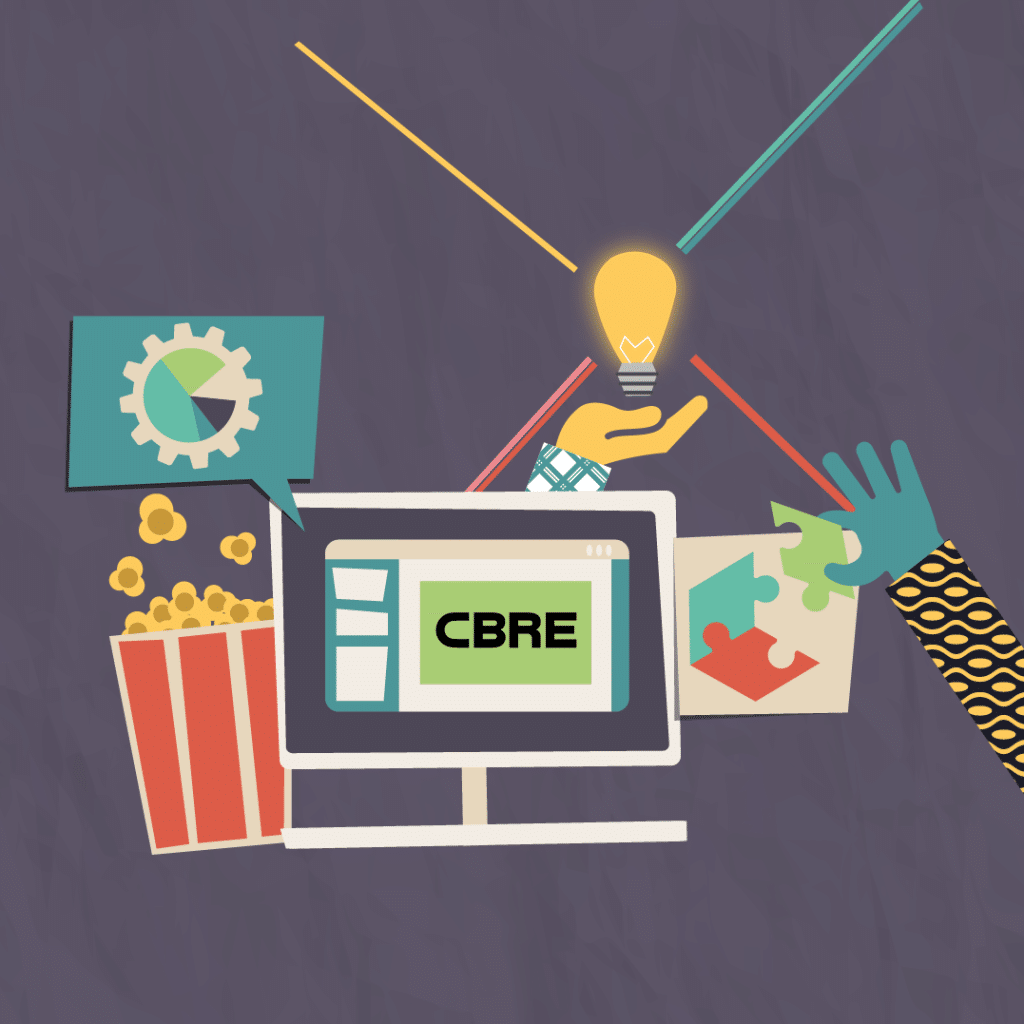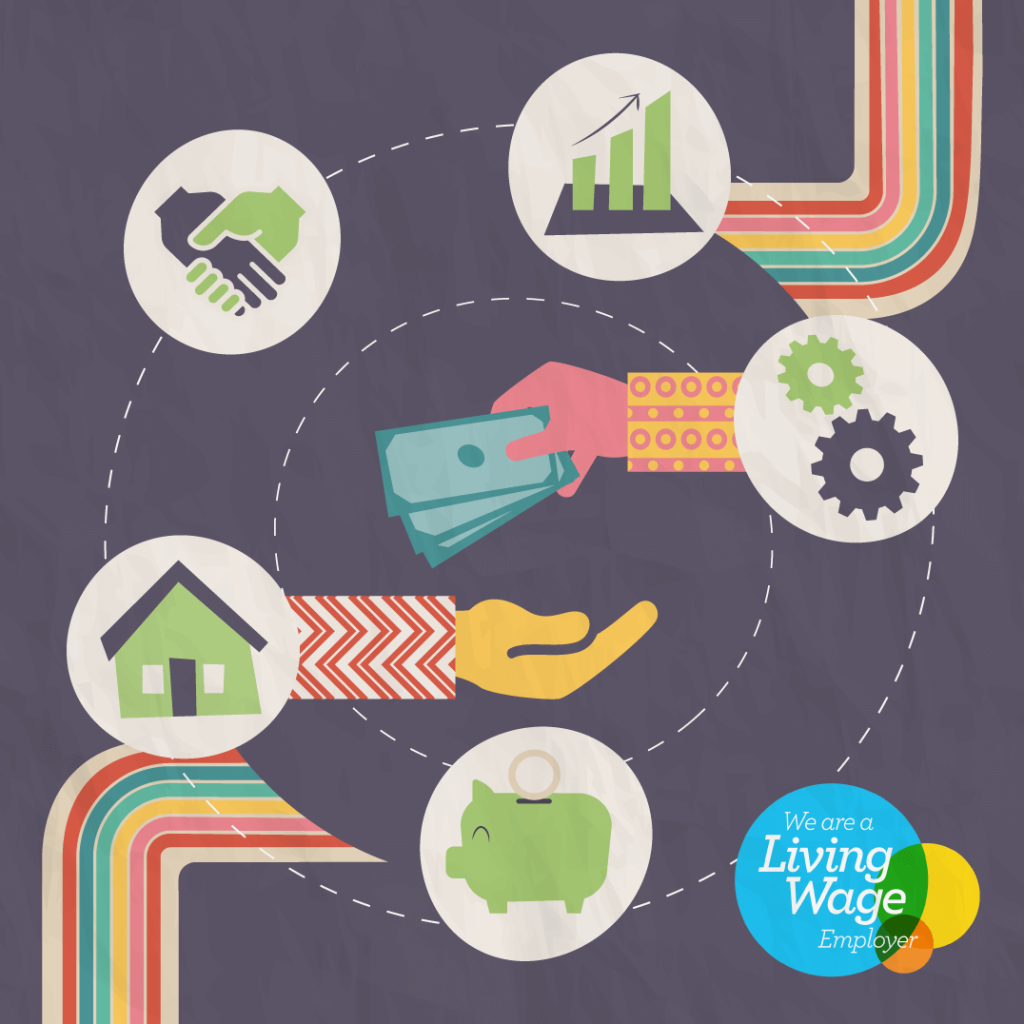There’s no denying it – social learning is tremendously effective. As a result, you might be tempted to capitalise on it by investing in a shiny new social learning platform for your organisation. But is that investment going to make you a rock star, or are you going to be left looking for a rock to hide under?
Let’s start by taking a look at what we mean by social learning. Social learning, in its simplest form, refers to when we learn from other people. This might include informal learning such as observation and conversation, and more formal modes such as coaching and mentoring.
Social learning platforms often take functionality of a learning management system (LMS) and layer in tools for learners to add their own material, share advice, comment and ‘like’ content. This makes the experience similar to using Facebook, LinkedIn and other social media channels.
But what is it that makes social learning, and social learning platforms, so effective? In my view it boils down to one thing – trust.
Everyone agrees that the best form of advertising is word of mouth. Why? Because we know the person who’s telling us something, and as a result we know whether we trust them or not. Similarly, we’ve all seen the effectiveness of social media channels at spreading information. Whether this information is factual or not as well as the degree that it should be trusted is a topic of hot debate all on its own.
Social media’s effectiveness is largely down to the fact that the information has likely been shared or endorsed by someone that you know – and the degree that you trust that person will almost certainly influence the level of impact the information will have on you. When your lifelong friend shares a photo of the new supermarket carpark layout, you feel your blood starting to boil. However, when that guy you met down the pub the other week shares a video of his drunken parkour attempt over the local bus shelter, you make an almost audible eye-roll and keep scrolling.
So, trust is important. If someone that you know and trust teaches you something new, I’ll argue that you’re more likely to accept it as true than if you were taught the same thing from someone you neither knew nor trusted.
Ask yourself: what did your parents tell you as a child that you believed to be true without question? Finding out that Santa isn’t real still haunts me to this day.
And this all leads me back to my original point – social learning platforms aren’t always going to work every time in every organisation. The fundamental ingredient needed to make it effective is for as many of your audience as possible to already know (or at least know of) one another outside of the learning platform. If you already know the people you’re connected with, then their credibility is already proven. You know who they are, what their job role is, how good they are at their job, what their strengths are and what they need to work on.
Let’s apply this back to social media for a moment. How many of your connections did you already know beforehand? Of the connections you’ve made purely on social media, to what degree do you trust them compared to those you have already met in the real world? If you, like me, find your LinkedIn account regularly bombarded with would-be corporate catfishers, then I’m guessing the real world connections win hands-down. Even our parkour-loving friend down the pub will trust-trump Julia Roberts*, the international recruitment director from somewhere unpronounceable.
For some organisations, an isolated or siloed workforce is the norm. If this is your organisation currently, even if there’s the ambition to bring your people closer together, you may struggle to make a success of a social learning platform.
Of course, this doesn’t mean that your learners can’t learn from one another – social learning can still work wonders without a social learning platform. A video demonstrating the next big thing starring someone from within your business will carry more impact than if it’s hosted by a total stranger. However, this video isn’t likely to benefit from others liking, commenting and sharing it if you don’t know who’s doing the liking, commenting and sharing.
In summary, working out whether that social learning platform is going to be a sound investment or not really comes down to whether your organisation is already social or not. If your audience already know one another (or they at least know who the superstars are), then the right social learning platform will help capitalise on this and make your learning content even more effective. However, if your organisation hasn’t got this sort of culture, then that shiny new social learning platform may not be right for you.
*no, I don’t think she’s that Julia Roberts either.






